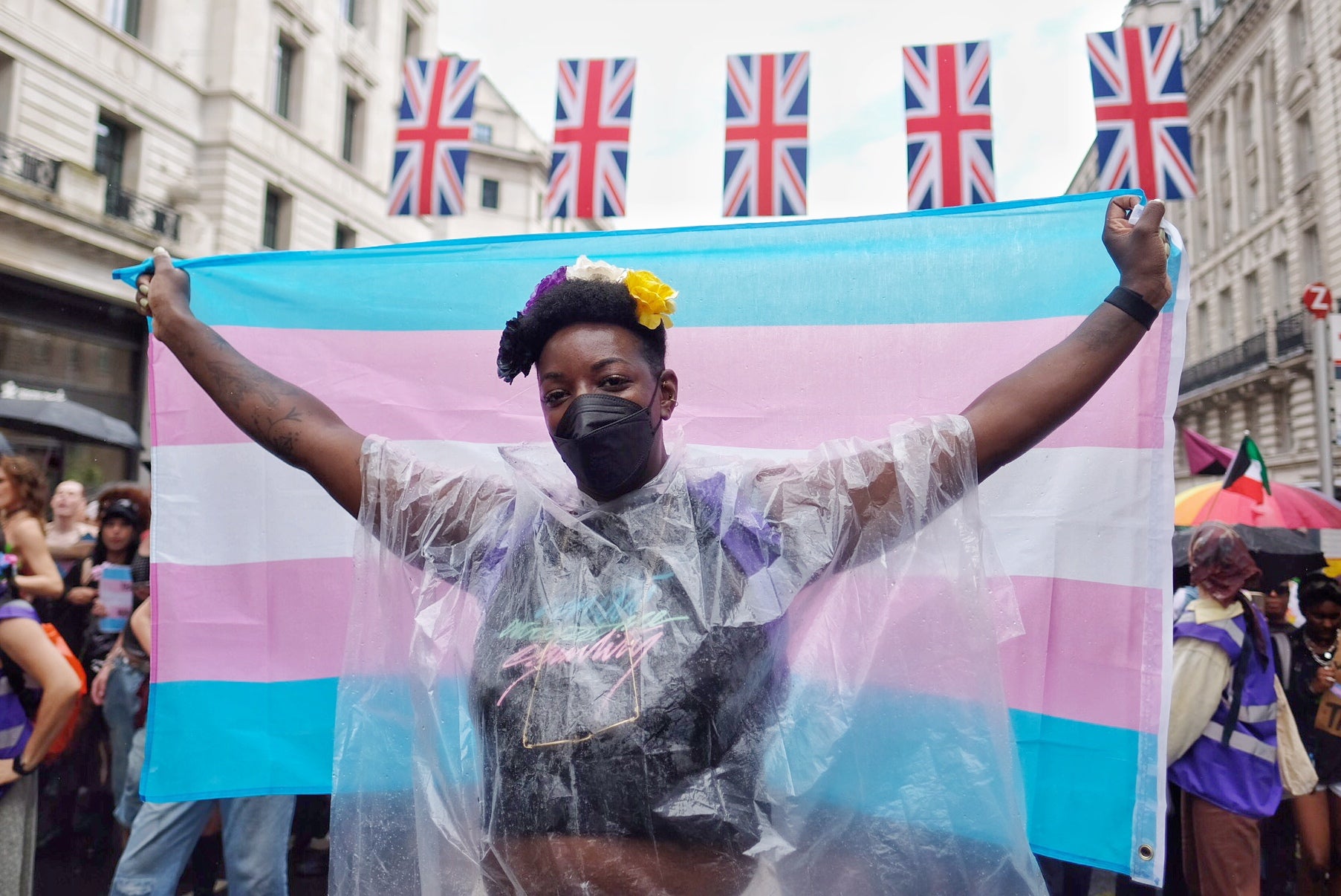I came out as trans at an all girls’ school – Sunak’s ‘unlawful’ guidance would make life worse for kids like me
Letting students socially transition in school without the need for parental approval lets students live, argues Jamie Jewkes


Yesterday, Rishi Sunak was advised to delay tough new guidelines on social transitioning for trans youths, after said guidelines were ruled to be unlawful by the attorney general and government lawyers.
The guidance would have banned schools from allowing a student to transition without parental consent, banned participation in competitive sport for trans students, and allowed headteachers to effectively veto a transition if there are concerns regarding the mental effects on otherstudents. It also would have forced teachers to tell parents if their child is questioning their gender, regardless of whether the pupil is comfortable with such information being shared.
Again and again, academic research has displayed that social transition positively impacts a child’s life. Such impact cannot be understated. It is transformational, and can change someone from being withdrawn, anxious, depressed, and even suicidal, to a well-adjusted, happy and confident individual. However, Sunak’s government seems to disagree with such research, as his proposed guidance demonstrates.
Research by LGBT Youth Scotland found that over 80 per cent of trans youth experience bullying at school, with 95 per cent of youth saying their academic attainment was hindered due to such experiences. If Sunak’s guidance were to become commonplace, such alarming figures would only rise further.
By restricting participation in sport, banning changes in uniform, and preventing something as simple as calling someone by the name theywant to be called by, trans kids are singled out
The statistics on bullying show that kids can be cruel. But such cruelty is not inherent to the bully themselves, it is picked up from the behaviour of others (typically adults) in their lives.
If we demand that teachers put a trans individual on this pedestal, we are also telling the students in their class that it is okay to treat them as lesser. That it’s okay to repeatedly misgender or deadname someone. That it’s okay to let their own education suffer, just because they are transgender.
What can be only described as the modern-day Section 28 is in fact, more dangerous than the Thatcher-era policy.
I was fortunate enough to have never experienced school under Section 28. I went to an all-girls grammar school that somewhat adhered to the lesbian stereotype, with openly queer girls being present in every year group.
I was also fortunate enough to have not been the first (out) trans student there either. I was fortunate enough to have a body of staff that understood my identity, allowing me to be in control of my transition, taking steps as quickly or as slowly as I was comfortable with.
But I am aware that my experience is an outlier. The majority of young people are challenged on their identity on a daily basis, whether that be through mere ignorance of things like preferred pronouns, or outright refusal to recognise their identity. Sunak’s proposed guidance is already a reality for many students, and implementing such policy at an official level will only serve to worsen academic and mental health outcomes for trans youth.
The mental health impact of name and pronoun usage is huge. Schools that take an affirming approach to a student’s transition report lower rates of bullying and absenteeism, in addition to higher rates of happiness and self-esteem.
I was only fully out at school from sixth form onward. And, despite everything that happened during those two years – including the pandemic, and the general stress of A-Levels – those two years were still my best in terms of my overall happiness.
Despite being at a girl’s school, my being trans was very normal. I think that’s the most important thing to emphasise here. After I came out, nothing remarkable happened. People started to use my name and pronouns, and I continued going to lessons and revising for my exams. Being out allowed me to just resume my life as normal, and focus on other things, rather than being preoccupied with fear.
Why should we deny trans youth the opportunity to be happy?
Section 28 prohibited the “promotion” of a queer lifestyle, but policies like this new guidance threaten the very real existence of trans students nationwide. A child who keeps their transition outside of their parent’s view is doing so for a reason. This may be something as innocuous as the fact that they are just not ready yet. Coming out is a hard thing to do, especially at a young age (even if you know your parents will be supportive).
However, the reason is often much more serious. If a parent is unsupportive, there are serious consequences with being outed as trans. By coming out you put yourself on the frontline. Parents can, and have, fired back at the news with verbal and physical abuse, with some children ending up homeless as a result. Some find no resolution to the situation, and end up dead.
That is what trans groups and organisations like Mermaids mean when we say policies like these harm and kill. Letting students socially transition in school without the need for parental approval lets students live. I was fortunate enough to be in a school where my wishes were respected, and because of this, I am fortunate enough to still be here today.






Join our commenting forum
Join thought-provoking conversations, follow other Independent readers and see their replies
Comments